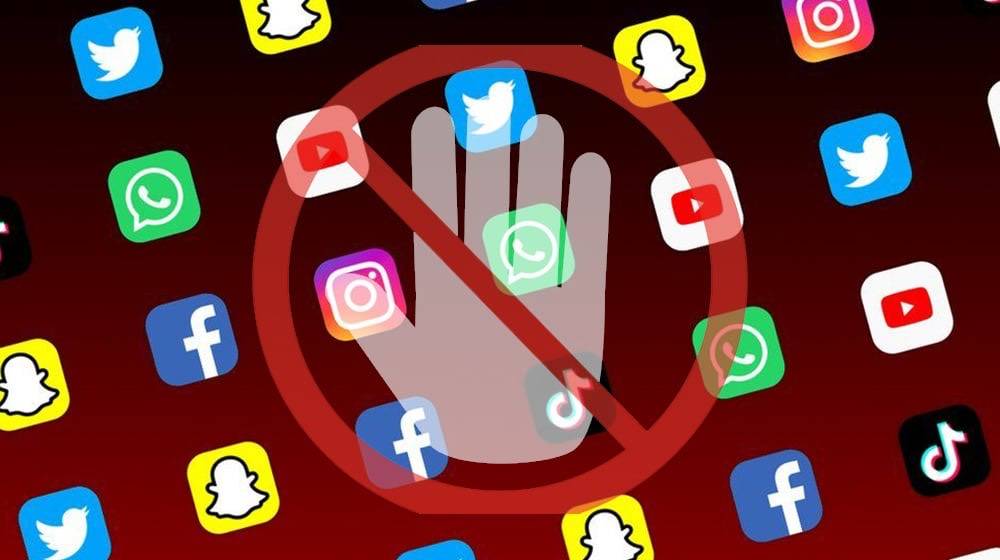In today’s interconnected digital world, rapid and concise updates on critical issues are essential for prompt action, especially amid ongoing social media restrictions and the prolonged ban on X (formerly Twitter). Just a decade ago, government agencies rarely utilized social platforms for public engagement, but now, social media has become a vital communication tool between the government, corporations, and the public.
Many foreign organizations assist Pakistani companies in creating job opportunities and promoting developmental initiatives through social media. NGOs like The Citizens Foundation (TCF) and Transparent Hands leverage platforms like Instagram to advance their welfare goals, reaching thousands of followers.
However, increased reliance on VPNs due to internet restrictions negatively impacts businesses relying on social media for connectivity and engagement. Despite the benefits of social media connectivity, government restrictions on these platforms result in economic losses, affecting industries like influencer marketing and advertising.
Such restrictions lead to a surge in VPN usage as individuals seek alternative access to blocked platforms. Pakistan has witnessed several instances of internet restrictions, with significant spikes in VPN demand following each event. This heightened reliance on VPNs can hamper productivity, diminish business reach and connectivity, and strain internet infrastructure, highlighting the need for balanced approaches to digital regulation.




